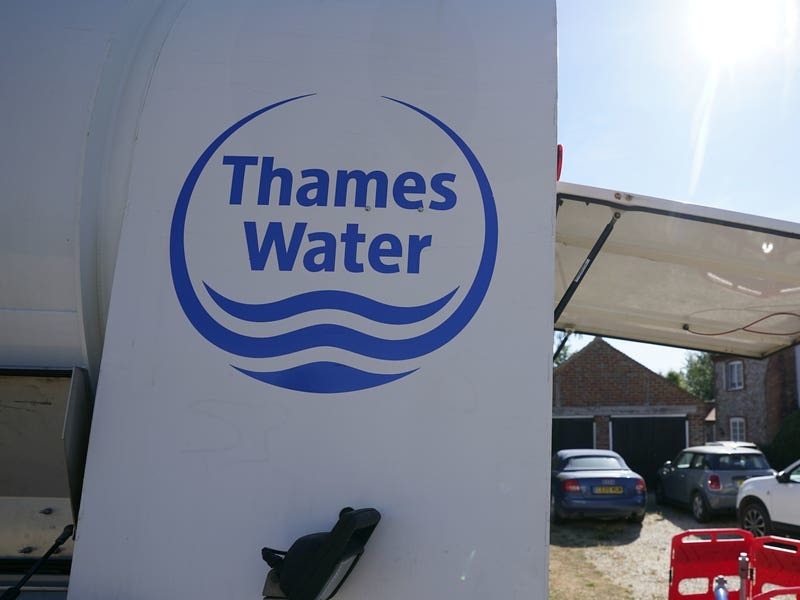Jack McConnell outlined a range of options for the inquiry into spiralling cost for the Scottish Parliament building to his Cabinet, official papers show.
The Cabinet meeting minutes from 2003, newly released by the National Records of Scotland, indicate the then first minister considered several options for the inquiry into the Holyrood building.
There was public anger at the home of the new parliament which was completed 10 times over budget at £414 million and three years late.
Official documents from June 2003 reveal Mr McConnell updated his Cabinet on the proposals for an inquiry.
The papers state: “…the three main options under consideration were: a full scale public inquiry, which would be costly and take some time; an inquiry by a Parliamentary Committee which could be criticised as amounting to MSPs investigating themselves; and an inquiry by an independent person such as the Auditor General, Mr Robert Black.”
He said the last option “would have the benefit of being totally independent” and also having access to papers dating back before 1999, but the disadvantage was that he had already investigated the building project.
The Cabinet heard Mr McConnell was “therefore considering bringing in two or three other people to work alongside Mr Black in a joint investigation” and planned to make approaches to them that day, June 11 2003, if approved, which the Cabinet did.
An inquiry led by Lord Peter Fraser was subsequently announced.

These concerns were shared by the Lord Advocate Colin Boyd QC.
Mr Boyd revealed at a later Cabinet meeting he had been in correspondence with Fraser Ewing MSP about the issue of granting immunity to witnesses to the inquiry.
The newly released Cabinet meeting minutes state: “The Lord Advocate had told Mr Ewing that the prosecution would not use anything said or produced at the investigation against that person.
“This was not the same as immunity from prosecution.”






